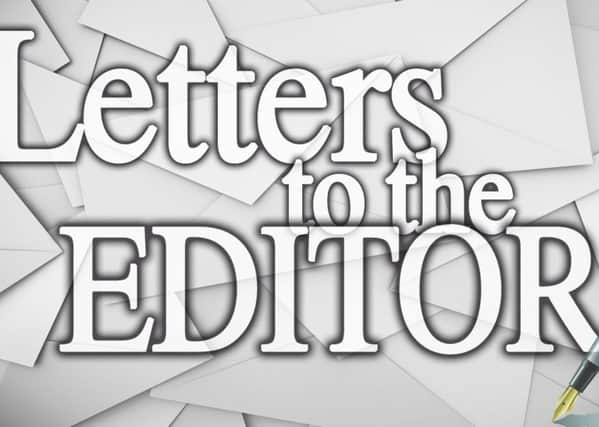All parties in the Dail and Irish public opinion backed neutrality in WW2


For the generations born in Ireland since the end of the second World War it is difficult to envisage the state of public opinion on the issue of our neutrality.
In recent times there has been much comment, mostly of a critical nature, on the morality of our policy of neutrality. There are some who even regard Ireland’s stance as not so much neutral but pro-German.
Advertisement
Hide AdAdvertisement
Hide AdDuring the war, the fallout from partition was still vivid in the public mind, seeing as how it was just 17 years since the guns of the Civil War had fallen silent and for both sides in the bitter internecine bloodbath the British were still the common enemy.
The decision of Dáil Éireann to remain neutral, probably avoided an outbreak of a second civil conflict. Critics ignore the fact that all political parties in the Dáil, and public opinion outside, favoured the policy of neutrality. Indeed just one TD voiced disapproval. Even those Dáil members who were strong supporters of the Allied cause, and there were many, voted to remain neutral.
Furthermore, proposals from prime minister Churchill in 1940 for the offer of a united Ireland as a quid pro quo for Irish entry into the war was rejected by Mr de Valera. Our sovereignty and independence were not for sale.
Despite our position as a neutral state, Ireland did not introduce a prohibition on her citizens opting for foreign enlistment before or during the war. Furthermore, those who had a conscientious objection to our neutrality or those who didn’t wish to be left out of the fight for liberty, had options open to them.
Advertisement
Hide AdAdvertisement
Hide AdDespite protestations I share Mr Varadkar’s opinion that Ireland’s policy of neutrality as Mr de Valera’s finest hour.
Curiously, during Hitler’s rise to power much of the British press was publicly supportive of Hitler and fascism. In 1933 Lord Rothermere, owner of the ‘Daily Mail’ and close friend and supporter of both Benito Mussolini and Adolf Hitler, congratulated Hitler on the invasion of the Sudetenland and campaigned for the African land confiscated in the Versailles Treaty to be returned to Germany.
He also wrote an editorial entitled ‘Youth Triumphant’, which was used as propaganda by the Nazis. Indeed, the Daily Mail of the time campaigned against admitting Jewish refugees fleeing pogrom’s in Eastern Europe and supported Oswald Mosley’s fascist Blackshirts and encouraged appeasement with Nazi Germany.
In 1938, Lord Beaverbrook of the ‘Daily Express’, then the most widely read newspaper in Britain, also expressed open sympathy to both the the Nazi regime and Mosley’s British Union of Fascists, writing to congratulate the Reich’s von Ribbentropp on his appointment as German foreign minister, swearing the loyal support of all Beaverbrook newspapers.
Tom Cooper, Dublin